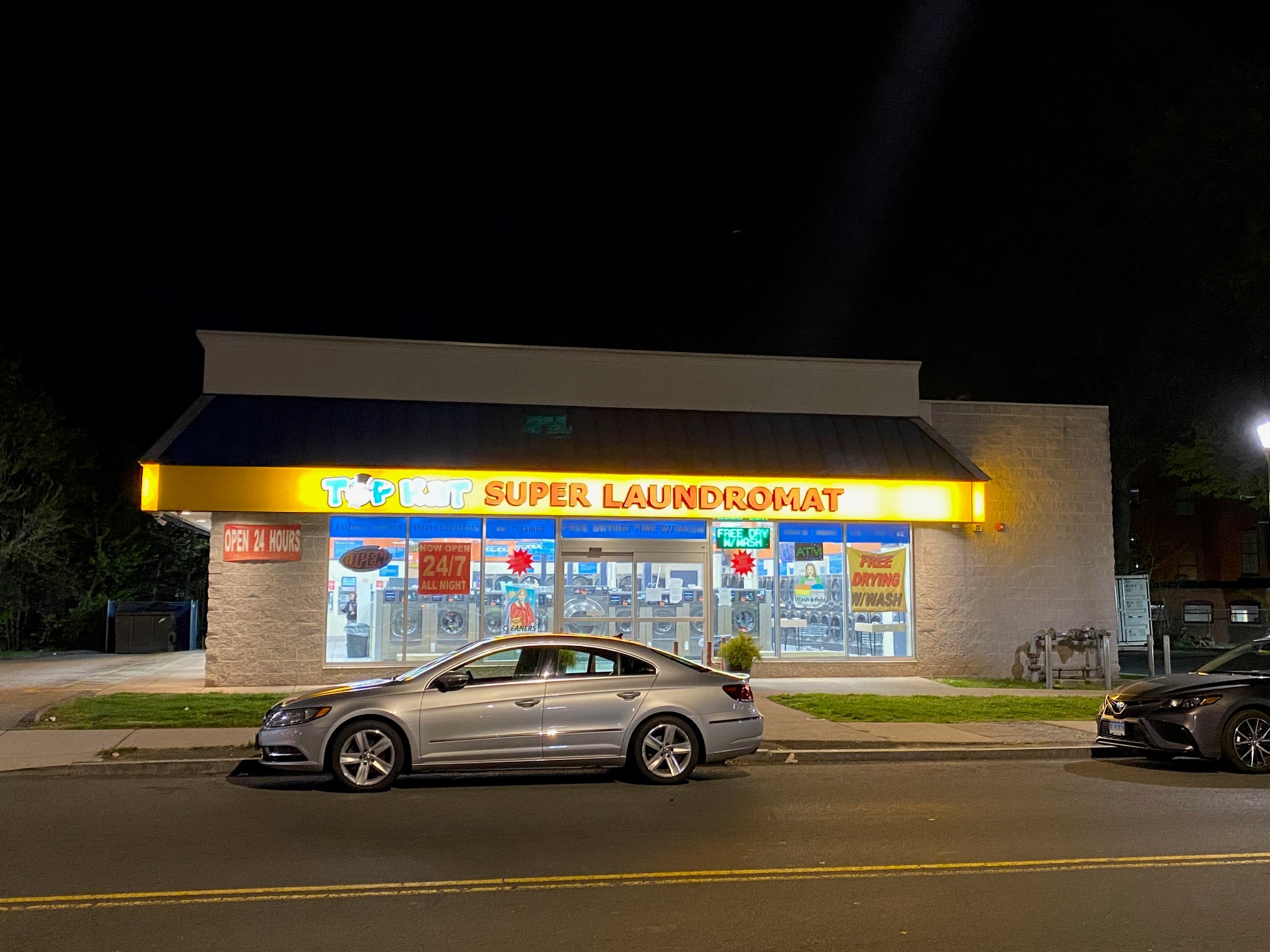More than a week after the Connecticut General Assembly approved concessions deal with the state’s labor unions worth $1.57 billion over the next two years, Democrats and Republicans held one of their first meetings.
Gov. Dannel Malloy is out of state and did not attend the meeting.
"This isn’t a single party negotiation. This has to take a lot of things into consideration," Rep. Joe Aresimowicz, the Speaker of the House said.
The concessions savings were significant because both Democrats and Republicans factored in some level of labor givebacks in their budget proposals. Republicans factored in even more aggressive savings targets, looking for even deeper savings from the state’s 33 bargaining units.
Aresimowicz would not rule out revisiting an increase in the state’s sales tax to 6.99 percent from the current 6.35 percent. He did concede that the roadblocks were significant to get to 6.99 because both Malloy and Senate Democrats balked at the idea, even though some of the money would have been devoted to city and town aid.
"It’s room for negotiation," Aresimowicz said. "House Democrats still believe 6.99 keeps the municipalities whole and we thought it was a good idea."
House Republicans are opposed to any new taxing proposal, and are lukewarm to moderate increases in rates. Their budget proposal was balanced mainly on the promise of spending cuts and steep union concessions totaling closer to $2 billion, providing even greater savings in later years. Not a single Republican voted for the SEBAC concessions agreement.
Local
“We believe that tax increases and many other structural problems with this state have had devastating impacts on the state of Connecticut and we don’t support any tax increases in regard to that but we are open to see if there are any other ways to move the budget forward without them.”
With more members from both parties being absent during summer vacations next week and Malloy remaining out of state for at least another day, that puts the timeline for approving a budget even later in the summer. The earliest a budget could be passed would be close to Labor Day.



